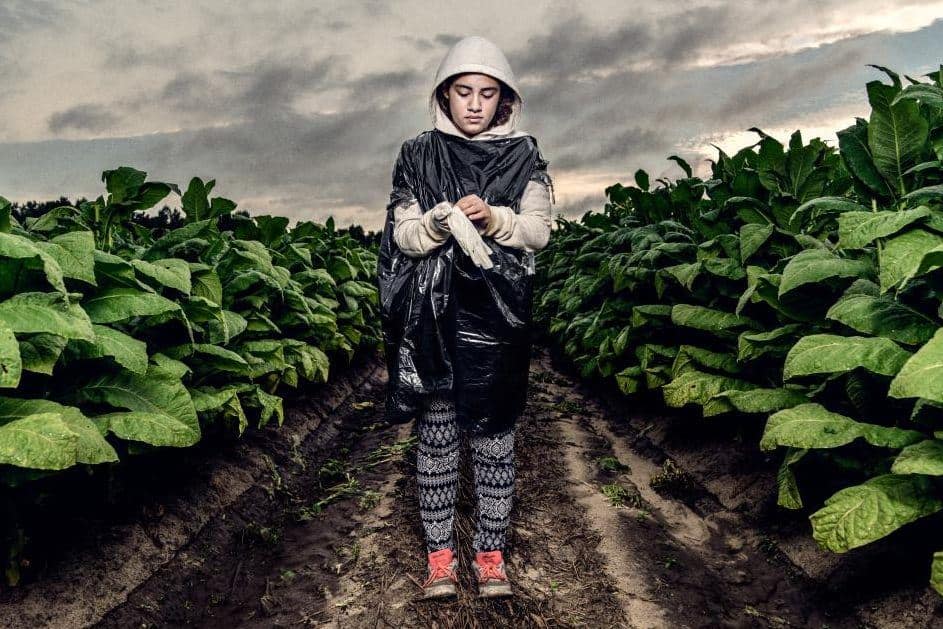Human rights are at risk. In the globalized economy in which we live, businesses across all sectors find sources of goods and services from a complex network chain of suppliers. These sources often cross several countries…
These many countries may have different legal, regulatory, and human rights practices. The International Labour Organization (ILO) estimates that more than 450 million people work in supply chain-related jobs. These chains offer the business many great opportunities but they also create some very serious human rights risks, often leaving those companies with great problems to solve.
Some of those supply chains are rather informal and the human rights abuses in such supply chains can effect, for example, women workers, migrant workers, child laborers, or residents of rural or poor urban areas.
But the UN Guiding Principles on Business and Human Rights and other international norms for companies are not legally binding. Companies can and sometimes do ignore them, or take them up half-heartedly and ineffectively. Many companies have inadequate or no human rights due diligence measures in place, and their actions cause or contribute to human rights abuses. For more than two decades, in every region of the world, Human Rights Watch has documented human rights abuses in the context of global supply chains in agriculture, the garment and footwear industry, mining, construction, and other sectors.
The 2016, the International Labour Conference, which is a global summit of governments, employers, and trade unions on labor issues, calls for a unique set of opportunities to bring about significant change. For the first time, the ILC will aim on decent work in international supply chains. One main problem is that there is not a legally binding set of standards that will guarantee all companies comply to taking human rights due diligence seriously. Now there are only voluntary standards, and while valuable, that is not enough.








Freedom United is interested in hearing from our community and welcomes relevant, informed comments, advice, and insights that advance the conversation around our campaigns and advocacy. We value inclusivity and respect within our community. To be approved, your comments should be civil.